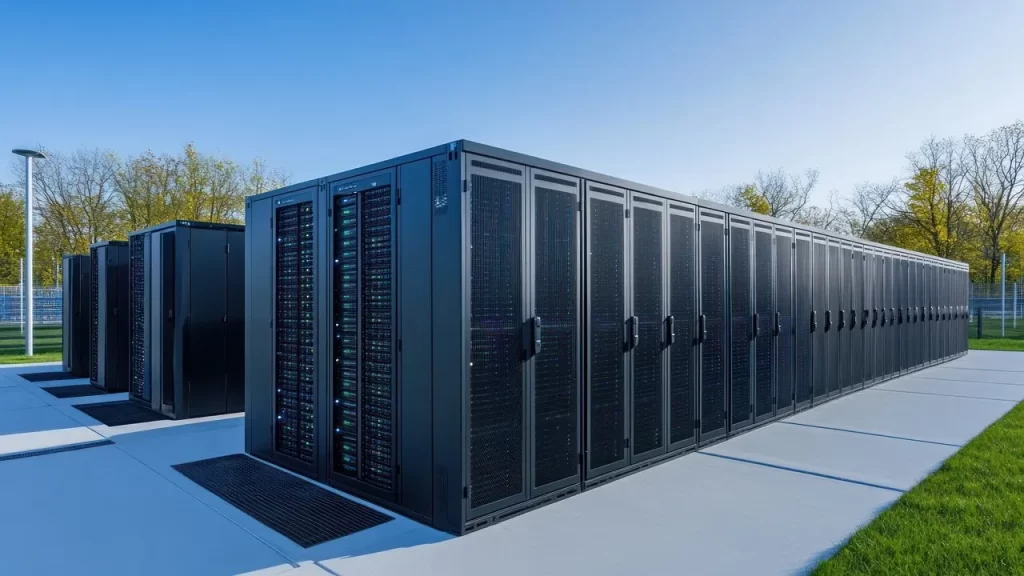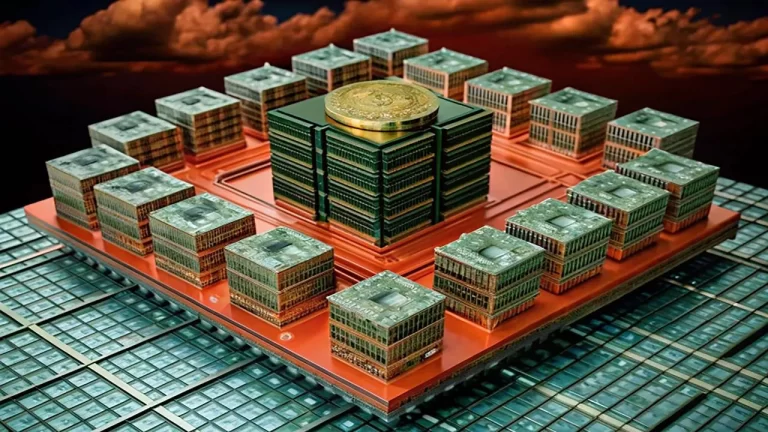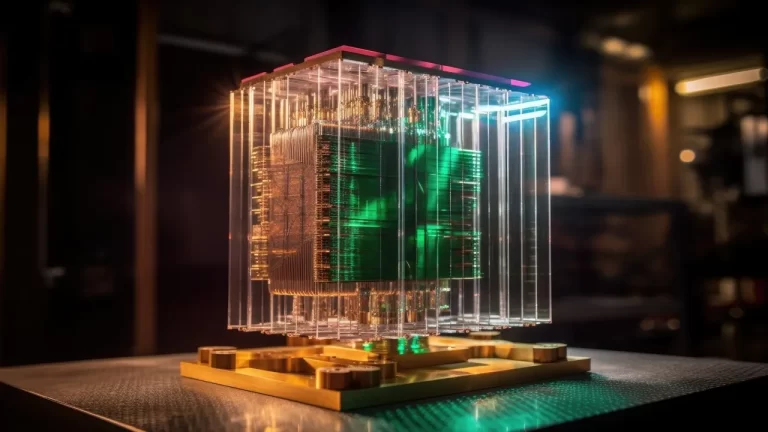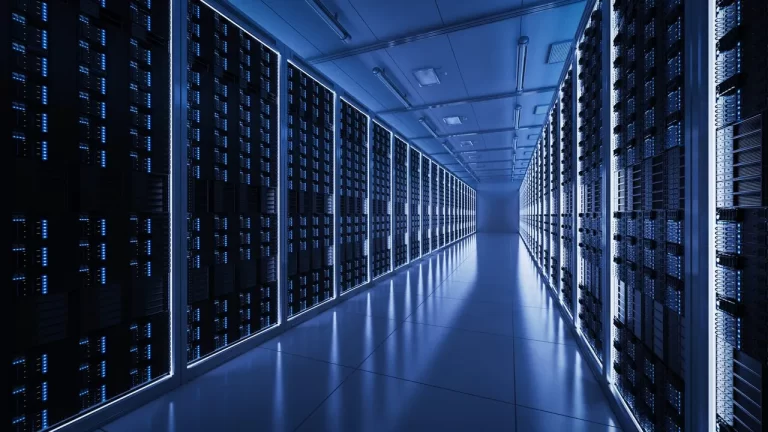A public hearing is scheduled by the Pennsylvania Public Utility Commission to assess how the state power grid responds to big electricity users. A unanimous PUC voted in favor of establishing the hearing, which Stephen M. DeFrank will chair. The proceeding will happen on April 24.
DeFrank stated that the hearing will explore how Pennsylvania can manage the growing energy demand from data centers while ensuring that existing ratepayers are not adversely affected and grid reliability remains intact.
The hearing will feature three expert panels representing electric distribution companies, major energy users, and consumer advocacy groups. The PUC will also accept written testimony to help develop a model tariff for large-load interconnections.
Key topics for discussion include defining large-load customers based on megawatt thresholds, cost-sharing models for infrastructure upgrades, and timelines for interconnection studies. Additionally, the commission will examine standby rates for backup power, phased usage schedules, contract exit fees, and whether customers should be permitted to finance their infrastructure improvements.
Hearing to Address Key Infrastructure and Energy Issues
PUC Chairman Stephen M. DeFrank, who proposed the hearing, emphasized the need to balance economic growth with responsible grid management. The hearing will include three expert panels representing electric distribution companies, major energy consumers, and consumer advocacy groups.
Key topics to be discussed include the definition of large-load customers, cost-sharing responsibilities for infrastructure upgrades, interconnection study timelines, standby rates for backup power, phased usage schedules, and potential contract exit fees. The PUC has also invited written testimony to contribute to the development of a model tariff for large-load interconnections.
Data Center Growth and Energy Consumption in Pennsylvania
Data centers in Pennsylvania continue experiencing rapid growth since they now operate 71 facilities while using 3.2% of the state’s power consumption during January 2025. Amazon plans to establish its extensive data center campus in Northampton County at the state level.
As the data center sector expands, concerns regarding its impact on grid stability and infrastructure costs have emerged. The upcoming hearing aims to address these issues while ensuring that both new and existing customers benefit from sustainable energy policies.
States Implementing New Rules to Manage Energy Demand
Several states have introduced measures to regulate the impact of data centers on electricity infrastructure. Last year, American Electric Power Ohio introduced a policy requiring data center customers to pay for at least 85 percent of their declared energy usage to cover infrastructure costs, even if they consume less. Similar strategies are being explored across various jurisdictions to balance growth with grid reliability.
The hearing’s agenda, speaker details, and public participation guidelines will be announced in the coming weeks. With the growing demand for data processing and cloud services, state regulators are working to ensure data centers contribute fairly to infrastructure costs while keeping the grid stable. Some states are considering incentives for energy-efficient facilities, while others are exploring demand-response programs to reduce peak load stress. These evolving policies reflect the increasing connection between technological growth and energy sustainability.








